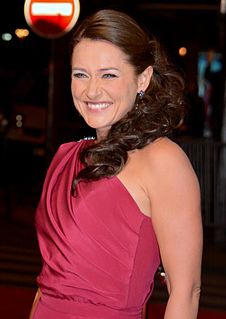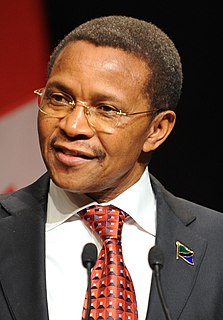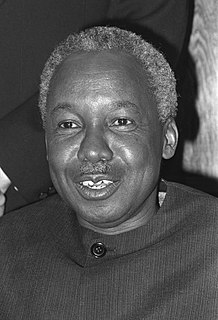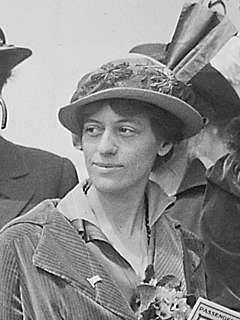A Quote by Sidse Babett Knudsen
Some people say I sound Australian. I guess it's all down to Miss Matthews, who taught me English when I was growing up in Dar es Salaam. Nearly everyone in Denmark speaks English, and TV shows are only ever subtitled, not dubbed.
Related Quotes
When I say myself, I don't mean just as a woman of color, as a girl who's growing up in the Bronx, as people growing up in some way economically-challenged, not growing up with money. It was also even just the way we spoke. The vernacular. I learned that it's alright to say "ain't." My characters can speak the way they authentically are, and that makes for good story. It's not making for good story to make them speak proper English when nobody speaks like that on the playground.
Joss Whedon writes beautiful drama. His sensitivity and his sense of drama and scenes are pretty exceptional. There's no one else writing like him, really, in sci-fi and TV. That's not to say there are no astonishing writers on TV. I was nervous about coming to America and playing an English person who speaks very English when all the writers are American, because it's a very particular thing to imitate, and if it's badly imitated, it sounds painfully contorted and silly. And he writes very well for English people. It was Joss Whedon who persuaded me.
Well, I'm half Australian, half English and I live in London. That is the only reason I came upon this story. My Australian mother, Meredith Hooper, was invited in late 2007 by some Australian friends to make up a token Australian audience in a tiny fringe theater play reading of an unproduced, unrehearsed play called 'The King's Speech.'
Well, I'm half Australian, half English and I live in London. That is the only reason I came upon this story. My Australian mother, Meredith Hooper, was invited in late 2007 by some Australian friends to make up a token Australian audience in a tiny fringe theater play reading of an unproduced, unrehearsed play called 'The King's Speech.
It's a common mistake for vacationing Americans to assume that everyone around them is French and therefore speaks no English whatsoever. [...] An experienced traveler could have told by looking at my shoes that I wasn't French. And even if I were French, it's not as if English is some mysterious tribal dialect spoken only by anthropologists and a small population of cannibals.
English audiences of working people are like an instrument that responds to the player. Thought ripples up and down them, and if in some heart the speaker strikes a dissonance there is a swift answer. Always the voice speaks from gallery or pit, the terrible voice which detaches itself in every English crowd, full of caustic wit, full of irony or, maybe, approval.
We do not for example say that the person has a perfect knowledge of some language L similar to English but still different from it. What we say is that the child or foreigner has a 'partial knowledge of English' or is 'on his or her way' towards acquiring knowledge of English, and if they reach this goal, they will then know English.


































